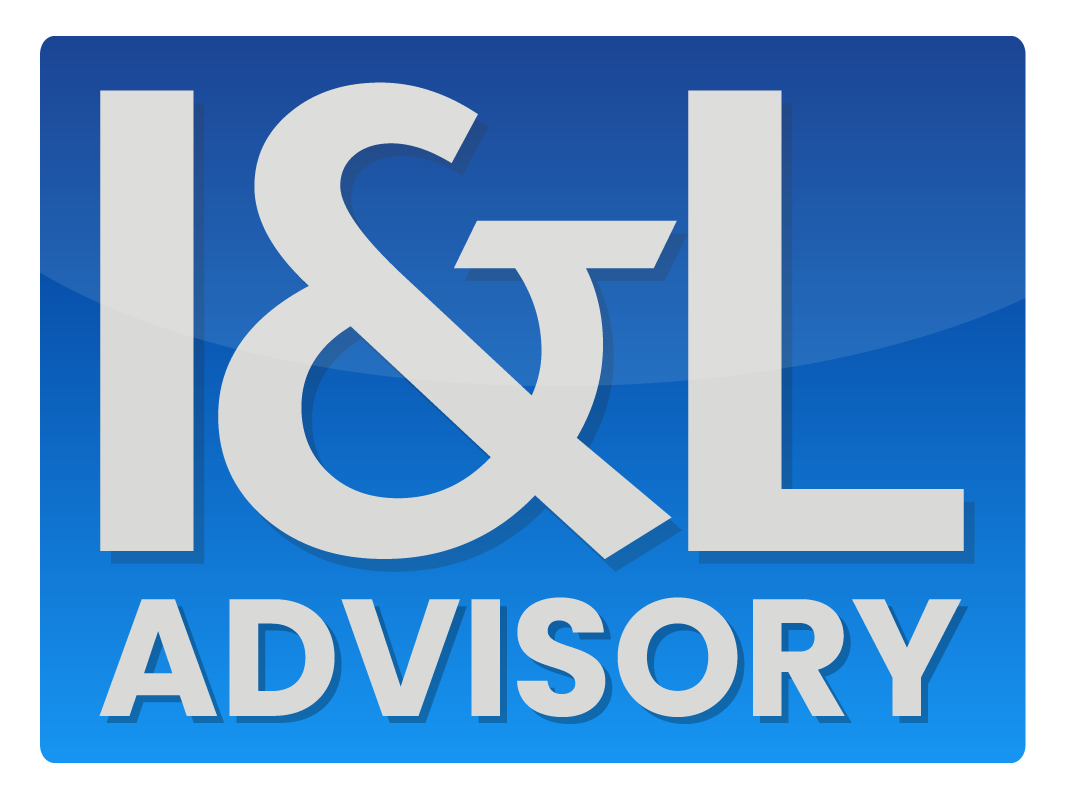In a distressed company, it’s not just financial decisions that attract scrutiny. Increasingly, investigators are looking at how those decisions were made, and who had access to make them.
If a company collapses and the digital infrastructure shows shared logins, vague authorisations, or informal delegation, directors may find themselves facing more than just questions. They may face disqualification.
In 2025, poor digital controls are now seen as governance failures. And for the Insolvency Service, that’s grounds for a ban.
Why Shared Access Signals Governance Failure
When the Insolvency Service reviews a company post-liquidation, they don’t just assess trading decisions. They look at systems, oversight and accountability. If those are lacking, the conclusion is simple: the directors failed in their duties.
Shared credentials and unlogged access can lead to:
- Unauthorised payments to connected parties
- Lack of clarity over who approved withdrawals
- Misuse of company funds in the final weeks
- Directors unable to prove who did what, or when
In short, if the digital footprint is a mess, the Director looks negligent.
Where This Risk Commonly Hides
1. Shared Online Banking Access
If more than one director or staff member uses the same login, it becomes impossible to attribute specific transactions to a named individual.
2. Single-User Accounting Platforms
Many companies use shared credentials for platforms like Xero, QuickBooks or Sage. When a misfeasance claim arises, there’s no clear trail of approval.
3. Delegated Access Without Oversight
Directors may allow assistants or finance staff to access sensitive systems without recording who was authorised to do what.
4. Missing Audit Logs or Approval Records
If systems do not generate user-level logs, or if no one checks them, directors may be held accountable by default.
How This Leads to Disqualification
Under the Company Directors Disqualification Act 1986, directors can be banned if they are found unfit to manage a company. One of the key markers of unfitness is a failure to:
- Maintain proper financial controls
- Prevent improper or preferential payments
- Ensure compliance with legal duties
- Safeguard company assets and governance
A director does not have to be dishonest. Neglect and poor oversight are enough. In recent disqualification cases, vague or missing digital records were cited as key evidence of failure.
Case Example: Lack of Access Controls Leads to a Ban
In a 2024 case, two directors of a retail business shared access to online banking and their accounting portal with a freelance bookkeeper. In the final month before liquidation, over £90,000 was transferred to connected parties. No one could prove who authorised the payments.
The liquidator filed a report, and the Insolvency Service concluded the directors had failed to maintain financial control. Despite no fraud being alleged, both directors accepted 5-year disqualification undertakings. They were also unable to defend related misfeasance claims.
What the Insolvency Service Looks For
- Were financial systems secure and properly segmented?
- Was there an audit trail showing who approved key payments?
- Did the directors monitor and restrict access to sensitive systems?
- Was responsibility clearly delegated and documented?
If the answer is “no,” the Service is increasingly treating this as a failure of basic governance, and grounds for a ban.
What Directors Should Do Now
If your company is under pressure or approaching insolvency:
- Stop using shared logins immediately
- Create individual user profiles for all directors and staff with role-specific permissions
- Preserve audit logs and access records in case you need to defend decisions
- Document all delegations in board minutes or internal approvals
- Revoke access from any former or unauthorised users
- Speak to a professional if systems are outdated or unclear
Final Thoughts
Director disqualification is not always about fraud or gross misconduct. In many cases, it stems from avoidable governance failures, like letting the wrong people have unchecked access to financial systems.
If a company fails and the Insolvency Service cannot see who was responsible, they may hold every director responsible.
At IL Advisory, we work with directors who want to stay ahead of risk, protect their reputations, and close businesses with their records, and integrity, intact.
Facing Pressure? Protect Yourself Before It’s Too Late
If your company is showing signs of distress, don’t let a sloppy system become the reason you’re banned from being a director.
- Review your access controls with us in confidence
- Prepare for scrutiny with a defensible digital footprint
- Get support before investigators start asking questions
Call 020 7692 8456
Email info@iladvisory.co.uk
Disclaimer: Insolvency & Law Ltd is not a firm of solicitors or licensed insolvency practitioners and does not carry out any regulated legal or financial activity as defined under the Legal Services Act 2007 or the Financial Services and Markets Act 2000. We do not provide legal advice, investment advice, debt counselling, or litigation services.
All website pages, blogs, and podcasts concerning loan notes are intended purely for general information and educational purposes. They must not be relied upon as a substitute for professional advice.
Where appropriate, I&L may take legal assignment of loan notes for the purpose of enforcement and recovery. In such cases, I&L pursues recovery in its own name, at its own risk, and at its own cost. The original loan note holder is fully insulated from legal costs and liability.
For further information or to discuss assignment, please contact: investigations@insolvencyandlaw.co.uk
